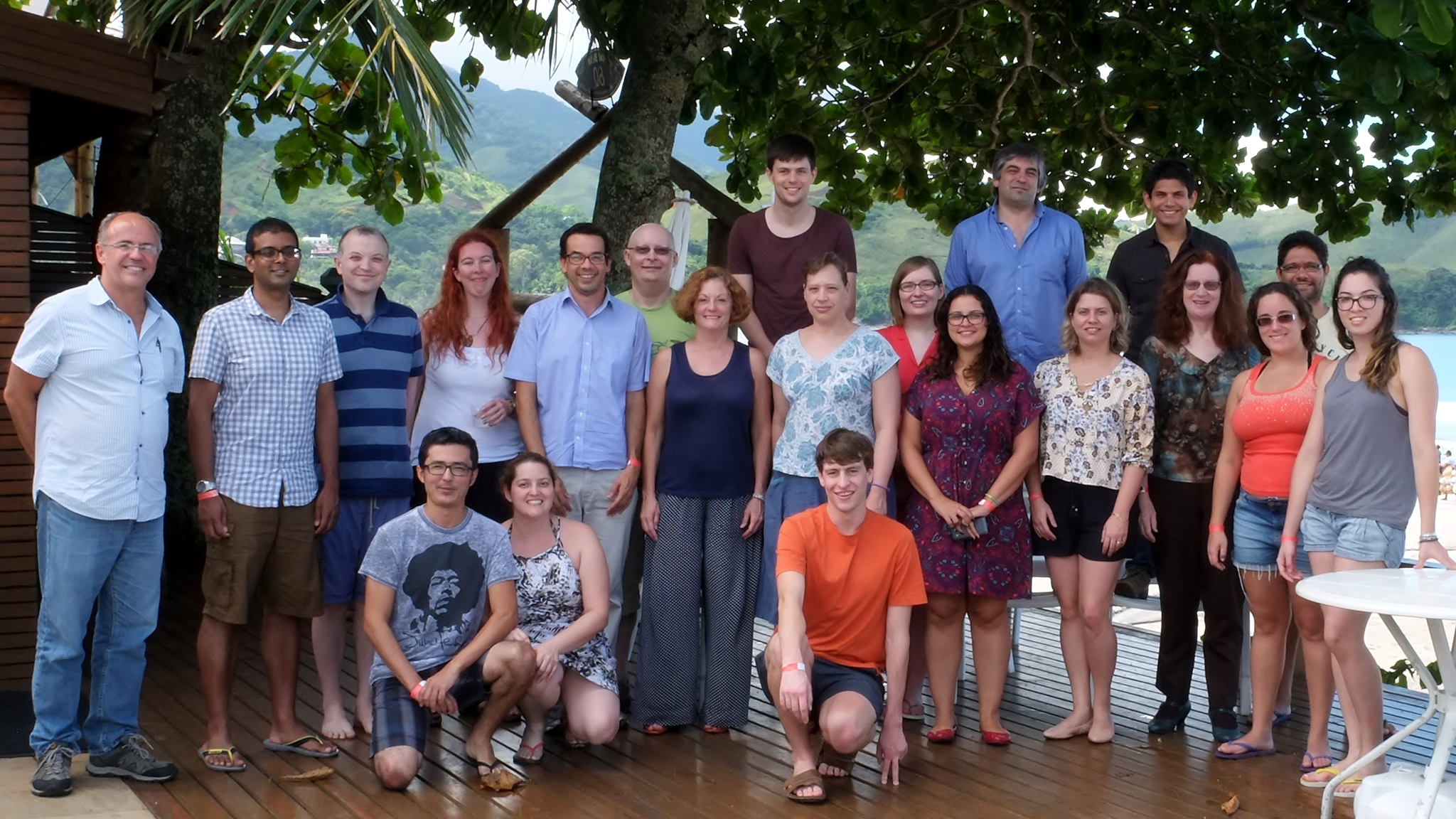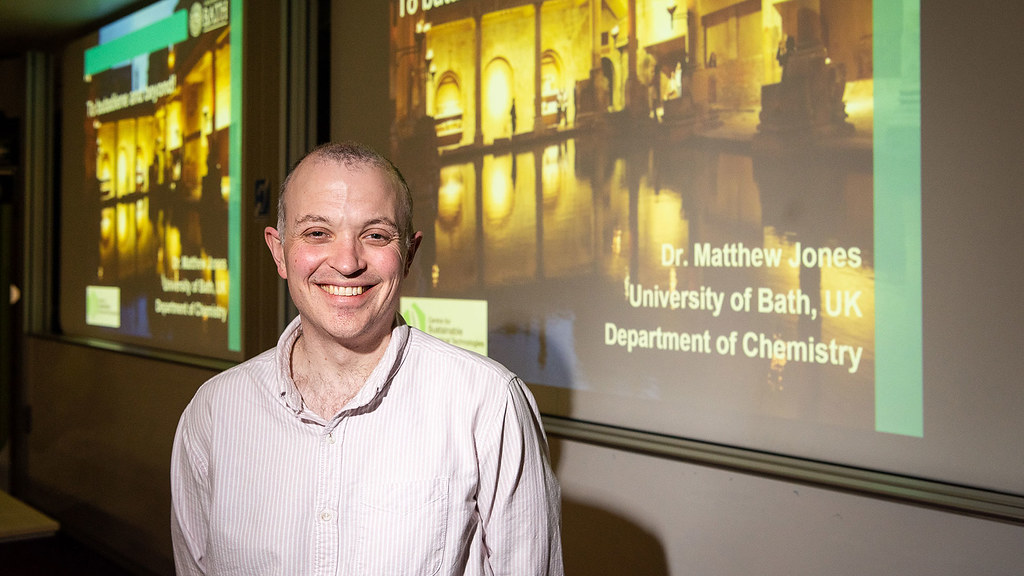Researchers from Brazil, the UK and the US are coming together to work on an important global problem: effective recycling of polymers to keep their carbon in the manufacturing loop.
Janet, the Training Director of our Centre for Sustainable Chemical Technologies (CSCT), is excited about the international aspect of the project.
'The aim is to do bigger and better science by doing it together rather than individually', she says.
'We don’t have overlapping skill sets. Instead, we have complementary skill sets and complementary research. We’re not trying to do the same things but bring different parts of the puzzle together. By working together, we can start to build the picture much more quickly.’
Recovering valuable components
The project brings together experts in molecular and structural biology, polymer materials and sustainable technologies from Bath, The Ohio State University, University of São Paulo and Universidade Estadual de Campinas (Unicamp).
The researchers will use nature's catalysts - enzymes, to reduce polymers to their component monomers for recovering valuable components, or for remanufacture.
'In the first instance, we try to understand how enzymes developed for the second generation biofuel industry can deconstruct novel 'green' composite cellulosic materials to release and recover valuable components, e.g. valuable metals used in electronics. This has also lead to new tissue engineering materials.'
'Secondly, we collaborate to discover, characterise and apply enzymes for low energy depolymerisation of more challenging targets. These include bio-based polymers, which are becoming more widely used to replace oil-based polymers', Janet explains.
'The ultimate challenge will be to apply enzymatic depolymerisation to the oil-based polymers themselves.'
Building international networks
In a world where challenges have become global, international collaborating is vital for researchers.
'It’s very important for our students to build international networks as early in their careers as possible. The more experience they have outside the UK, the better equipped they are to deal with the global science economy.'
The project is part of the Global Innovation Initiative, which aims to strengthen global multilateral collaboration through grants in STEM research.



